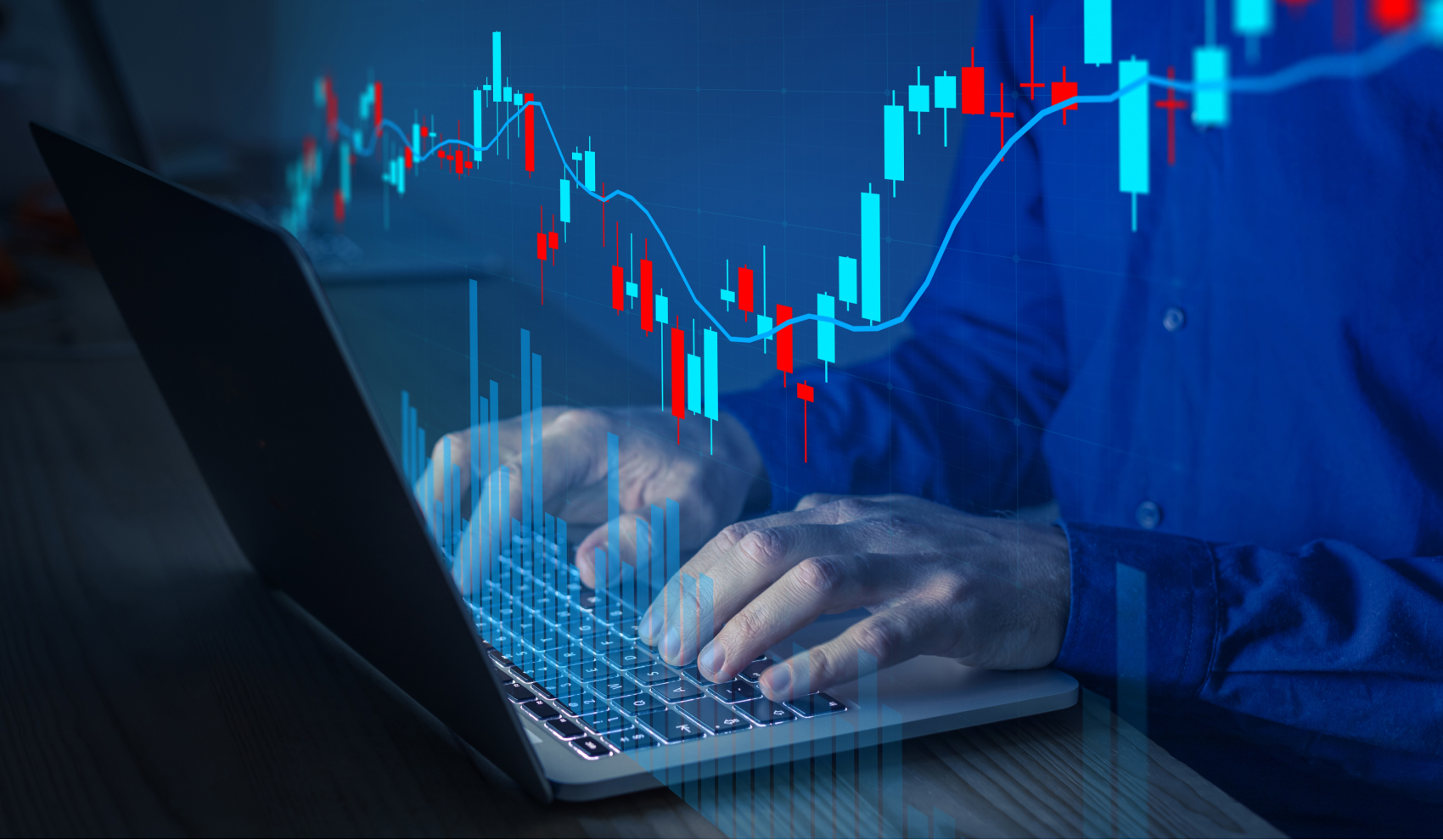Unlocking Greater Value from Data Science and AI Initiatives

Artificial intelligence (AI) is poised to create truly adaptive supply chains: optimally-managed end-to-end workflows that rely on AI and machine learning (ML) to respond to evolving conditions, proactively alerting people when an intervention is needed. Indeed, AI is better at analyzing massive volumes of data, identifying patterns, and calculating the best course of action.
Yet many companies have yet to recognize the benefits of this disruptive technology, or believe (incorrectly) that their current technology stack can’t support applications of AI and ML – in particular, Decision Intelligence. Others point to a lack of ROI on previous AI and automation investments as reasons to wait and see, or to invest on a very limited level.
This line of thinking may prove to be a costly mistake. We’re seeing a very direct connection between investments in AI at scale and positive financial results – including increased revenue, EBIT, and EBIT lift when compared with other companies that fail to scale.
Succeeding where others fell short
As our colleagues at BCG recently reported, a survey of leaders in scaling and generating value from AI found that the companies who are seeing these results share three important qualities:
- They prioritized use cases with the highest impact, then maximized value by scaling them quickly
- They worked to make data and technology accessible across the entire organization, breaking down silos and removing technology obstacles that would prevent them from scaling
- They saw the importance of aligning leadership and employees who build and leverage AI – and they supported those staff who promote end-to-end agility and collaboration
On the other hand, a joint Aera Technology/BCG study found that when companies’ AI investments fell short of expectations, the root cause was not the technology itself, but where and how it was being applied.
Many companies have focused on using AI for analysis and prediction in specific areas such as production planning and demand forecasting. But companies are seeing greater success, and greater future potential, when AI and ML are applied to data and decision making across the enterprise – leveraging end-to-end visibility to make recurring decisions based on patterns in data that people cannot see.
Without a focus on decision making, including the ability to automate routine decisions based on defined business rules, companies will continue to face challenges. The increasing pace and volume of decision making will add more stress to busy teams of people – and exacerbate the problems of declining service levels, suboptimal inventories, and staff time spent on manual processes.
Modest investments can generate significant returns
To unlock the full potential of this disruptive technology, companies need to deploy an AI-powered learning system that is integrated across business functions. This type of system can make decisions based on data from across the ecosystem, and continuously learns from the outcomes of past decisions to optimize future performance.
The good news is that modest investments in specific AI use cases can generate significant returns – laying the groundwork for those organizations to reap greater benefits by successfully scaling those initiatives. As trust in transparent, explainable “glass box” AI solutions grows, companies that make these investments will benefit from increased resilience to market volatility while achieving higher sustained performance.
As Decision Intelligence continues to gain wider adoption, with more use cases showing the reliability and transparency of AI for decision making, the companies that begin investing in those solutions today will be well-positioned to compete in a highly-digital marketplace.
To learn more, watch my recent “Future Now” webinar with BCG’s Michael Barnett, where we discuss these trends in more detail – and show how you can gain and scale the value generated by data science initiatives and investments in AI.






